Quick fixes computer is running slow
How to Fix a Slow Computer
When your computer begins to slow down, and unresponsiveness and long load times become the norm, what’s the best way to solve the problem? Fixing a slow computer can seem like a daunting proposition, but it’s not; our guide will show you how to make fixes that can be done in minutes and instantly deliver lasting results.
- Uninstall unused programs. (AP) ...
- Delete temporary files. ...
- Install a solid state drive. ...
- Get more hard drive storage. ...
- Stop unnecessary start ups. ...
- Get more RAM. ...
- Run a disk defragment. ...
- Run a disk clean-up
Click here if you’re looking for how to speed up a Mac
Identify programs that slow down your computer
If you have programs that use a lot of resources, you need to decide if they’re worth the resources they’re using. These could be high-level apps that you’re using, or it could be items that start automatically that you don’t use, or a program you opened previously and have forgotten about.
How programs use up your resources
Some programs use very few resources when they’re idle, others, especially if they’re checking the internet for updates, or working on a task, can use a lot of processing power and a lot of RAM storage. There are then fewer resources for other programs to use. This can make switching between programs slow, and even data updates slow in some apps.
Remove unnecessary programs
To see which programs are using the most resources, press the Ctrl, Alt, and Delete keys at the same time. Select Task Manager. On the Processes tab, you can see the items that are currently open and how much of the CPU and Memory each is using. You can then close programs that you’re not using to reallocate resources to programs you are using.
Disable start-up programs
Computers often have programs enabled that start when you power on the computer. Or, there are programs that were needed on the initial start-up, but aren’t any longer. To see what programs are starting when you turn on your computer, press the Ctrl, Alt, and Deletekeys at the same time. Select Task Manager. On the Startup tab, you can see the items that are set to open as soon as you start the computer. Consider what you really need to open when you start up and disable the other programs.
Check your web browser and internet connection
If you notice that your computer is running slowly, check to make sure that you have the most recent version of your web browser. Although where the information varies by browser, there will be an “About” selection to show you the version number. If there is an option to install new versions automatically, enable it. Having too many add-ons and extensions can also slow your web browsing. Again, it depends on your browser, but you should be able to find a menu called Add-ons or Extensions that will allow you to delete any add-ons and extensions that you don’t want.
Defragment your hard disk drive
Defragmenting, or defragging, your hard disk drive (HDD) can decrease the time it takes for the system to find each piece of data it needs to run programs and apps. Those pieces of data are stored on the hard disk before they’re moved to RAM so the program can access them.
If you have an HDD (as opposed to a solid state drive), the system records data in small groups in various places on the disk. Over time, there can be different pieces of data that are all related, but they’re spread out over the disk. It then takes longer for the system to find each piece of data. Defragmenting your disk will speed this process up. Find out more about defragmenting your hard drive.
To defrag your disk, click on the Start menu or Windows button, select Control Panel, then System and Security. Under Administrative Tools, click on Defragment your hard drive. You can select the process to run on a regular schedule, or you can click Analyze disk and determine if the process needs to be run immediately.
Update hardware that can slow down your computer
Identifying hardware that might be due for an upgrade can not only make an older and slower computer feel new again, but can also be significantly more cost efficient than purchasing a new computer.
Two key pieces of hardware related to the speed of a computer are your storage drive and your memory (RAM). Too little memory, or using a hard disk drive, even if it’s been defragmented recently, can slow a computer down.
Upgrade storage with a solid state drive
Your computer’s storage drive is responsible for keeping the things you use every day, such as your operating system, programs, documents, pictures, and music. When it becomes out of date or slows down, it will make a noticeable impact in the performance of your computer.
Why an SSD helps speed up your computer
The key difference between a traditional hard drive and a solid state drive is the technology behind it. An HDD mechanically moves an actuator arm across a spinning platter to find each portion of data. An SDD, however, accesses the data digitally with flash memory chips. This allows SSDs to retrieve data like documents, images, and videos more quickly while using less power.
Use Crucial Advisor or System Scanner tool below find the right SSD to speed up your system.
Add more memory (RAM)
Unlike programs or videos that are permanently stored on the storage drive, memory stores data that is currently being used, allowing it to be retrieved quickly, functioning as a pool of resources for your system to get things done.
Every time you do one of the following things, you’re using memory:
- Moving your mouse
- Opening tabs and surfing between them in your Internet browser
- Typing an email
- Creating a spreadsheet
- Editing photos or videos
- Playing a game, listening to music, or watching a video
Why adding memory helps your computer
The more memory you have, the more resources your system has at its disposal, meaning it can do things faster and handle more things at once. Adding more memory is a straightforward way to fix problems with slow performance when switching between apps and slow response times.
It’s easy to add RAM (memory) by looking at the Crucial Advisor or System Scanner tools to see what products are compatible with your system.
Some tips for Yours.
Waiting for a slow, creaking, computer to churn through a simple task is one of life's biggest annoyances. When a swift boot to its side fails, follow these top 10 tips to fixing a slow PC. A tired, old PC really can make your blood boil. But sometimes even new PCs can clog up and run slowly. News.com.au came up with 10 great quick fixes anyone can perform.
Uninstall unused programs
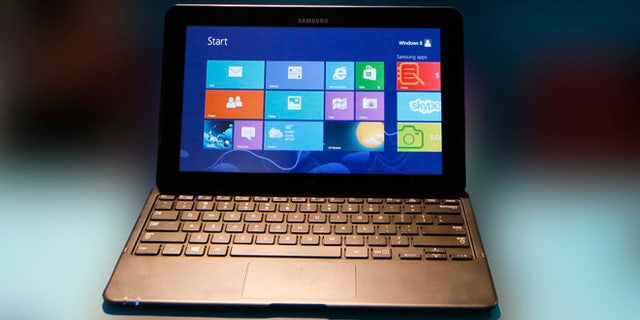
When you buy a new PC the chances are there are a load of programs pre-installed onto it. Old PCs can simply accumulate these over time. Most of these you'll never use and some of them can often run in the background without you knowing, slowing your computer down in the process.
To remove these click "Start" then go to "Control Panel" then click "Programs and Features" and scroll through the list, uninstalling the ones you never use.
If you're unsure what should stay or go, use PC Decrapifier - a free piece of software that recommends what is worthwhile or not.
Delete temporary files
Whenever you use internet Explorer all your browsing history remains in the depths of your PC. The same thing happens when you install something. It's like never throwing away the packaging when you buy a new TV and by doing so it'll free-up space on your system. To get rid of all this clutter open "My Computer", select your main drive, click the "Windows" folder then open the folder inside that called "Temp".
Use your mouse to right-click on the folder, and in the "View" options, choose "Details". Once this is done, select all the files that are older than the current date and press the delete key. Then go to the Recycle Bin on your desktop and empty it.
Install a solid state drive
If your PC takes an age to turn on and be ready for action your hard drive might be the fault. Typically they have loads of moving components and can take a long time to fire up. A solid state drive uses flash memory (like a massive USB stick) and can read data a lot quicker therefore speeding up your start-up.
Get more hard drive storage
No matter if you keep your computer tidy, if your hard drive becomes too full, it will affect the speed of your PC. If you use your system for processor-heavy tasks, such as recording video and media the likelihood will be that your drive will get chokka before you know it. Nowadays you can get mega storage drives over 1TB which is good for thousands of HD movies.
Stop unnecessary start ups
Whenever you switch on your PC some programs will automatically start to run in the background. Things like Skype and Spotify are guilty of this. All the applications running will use your computer's memory so ditch the ones you don't need running.
To do this click Start and type "Run". In the box that appears type "msconfig" and a box will appear, at the top click the "Startup" tab listing all the applications that run when your computer starts up. Either manually untick the ones that are unnecessary or click "disable all", but be sure to keep vital things like antivirus going.
Get more RAM
Have you noticed when you try to work on several applications at once, such as email, internet, and word your computer has a minor stroke when flicking between them? This is because you don't have enough RAM. This is memory used by your PC to run the programs and can be easily upgraded (and quite cheaply) if you know where to look.
Run a disk defragment
Don't be scared by the description, it's essentially a way to optimize your hard drive's efficiency.
To do this go to "My Computer", right-click on the hard drive and select "Properties". Under the "Tools" tab there should be an option to "Defragment Now".
Run a disk clean-up
Spring clean your whole system using this built-in tool which looks for unnecessary large files.
To perform this click "Start" then go to All Programs > Accessories > System Tools > Disk Cleanup
Vacuum out the dust
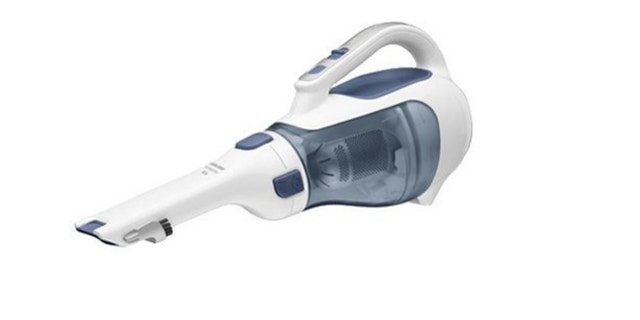
If you open up your PC and you won't believe how much dust gets sucked into it through the cooling fan. Dust can clog airflow, which is vital to keeping your system temperature down and if it overheats, its performance will slow.
Use a vacuum on a low setting to clean out the insides, but ensure the PC has been off for at least 30-minutes and it's disconnected from the mains. Also, go easy when you're poking around in there as you could dislodge some important cables.
Buy a new PC
Simple advice, but most effective if you've got a PC that should be cashing-in its pension. With the rise of tablet PCs and the low cost of components, prices of new laptops and desktop computers are so much more affordable than years ago. Save yourself a heap of trouble and think about it.
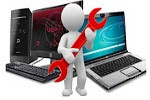
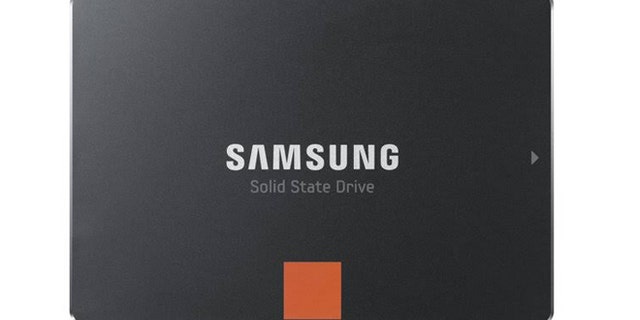
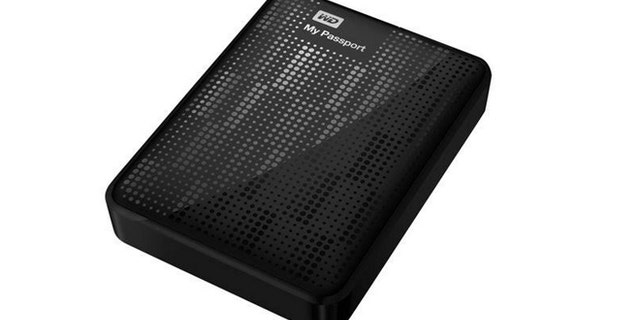
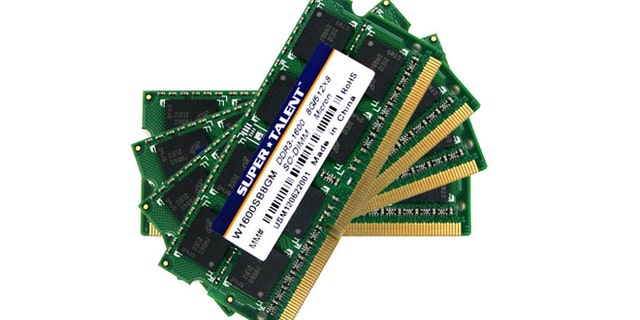
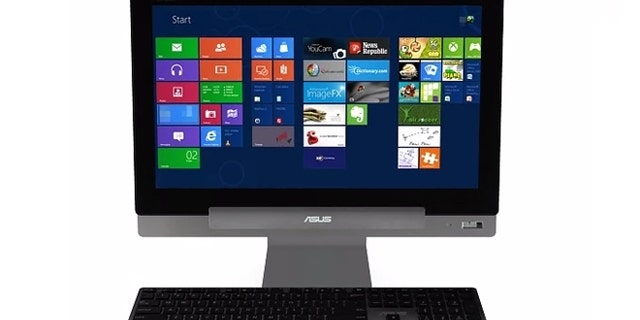


No comments